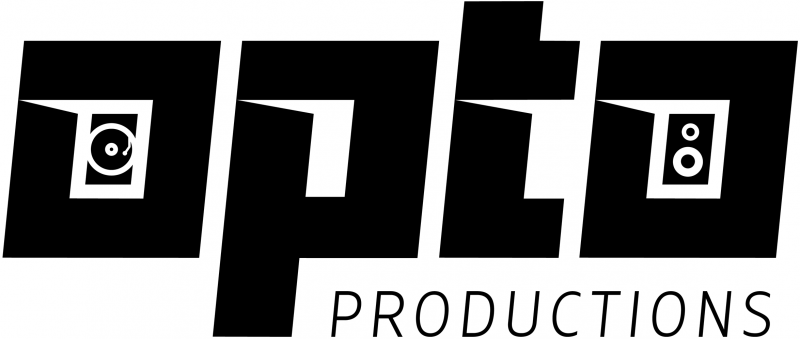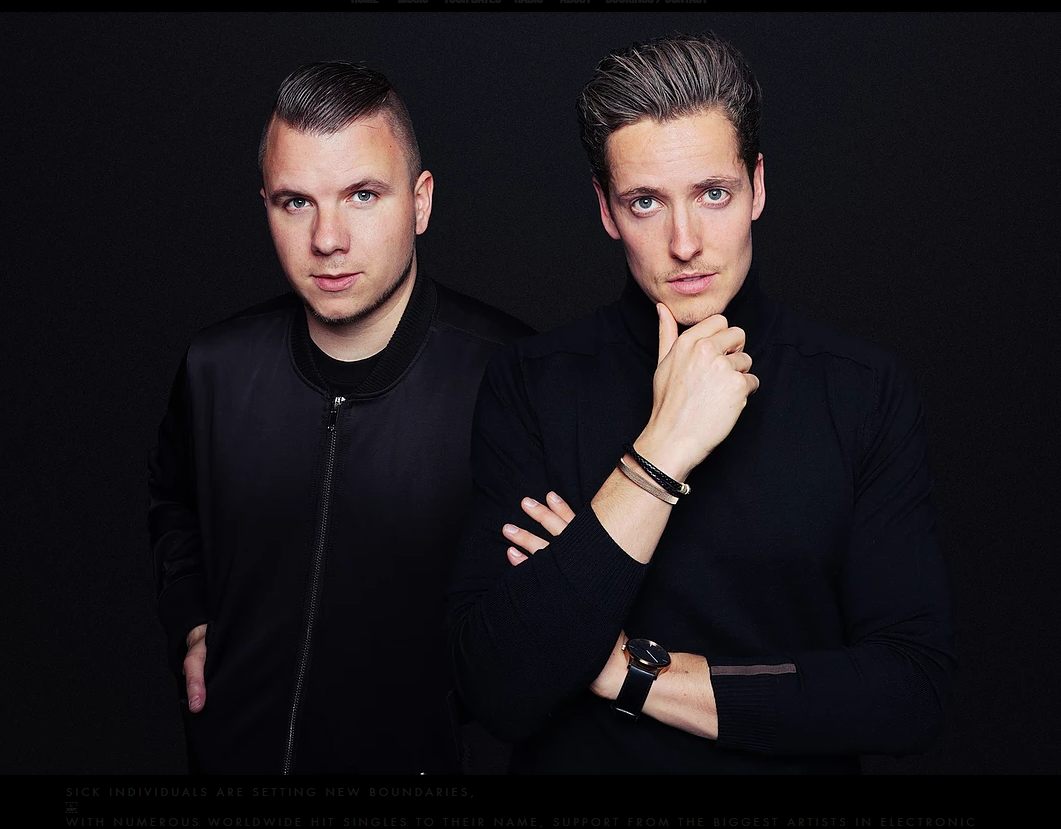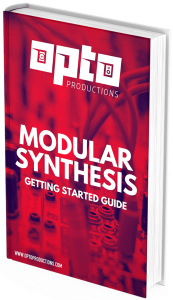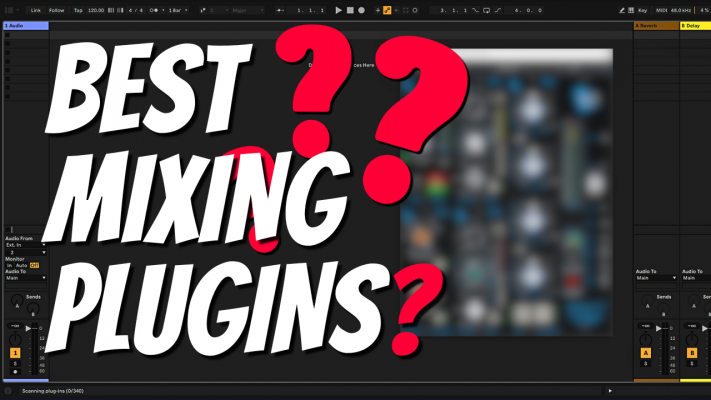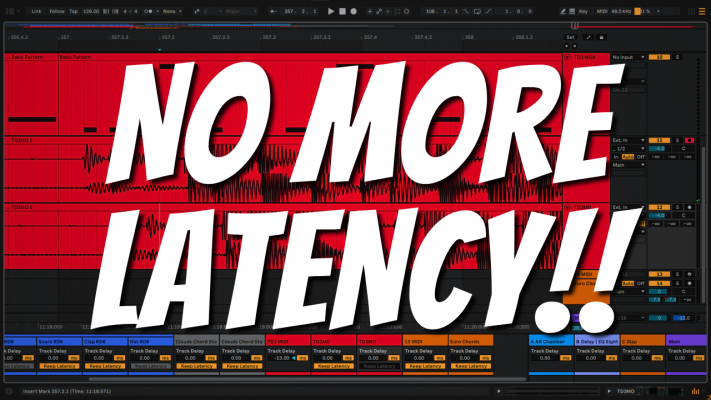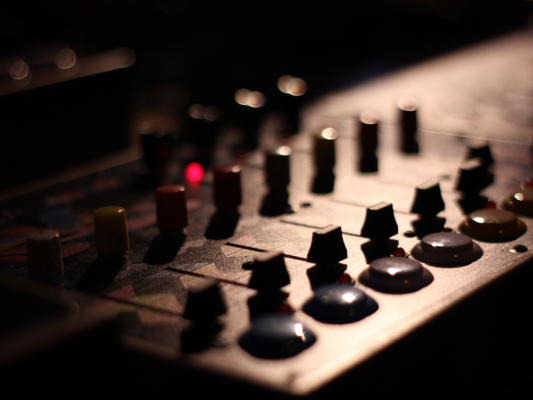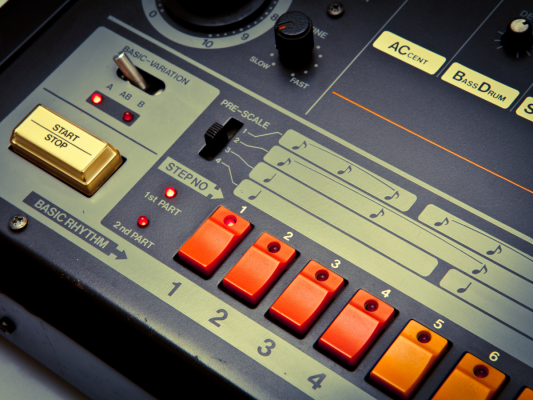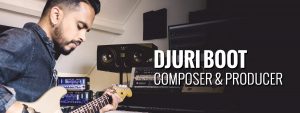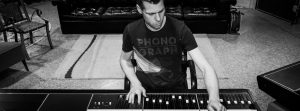My graduation research project from the HKU was about collaboration methods for applied music productions. During my research, I interviewed various music professionals, including Rinze Hofstee. Together with his colleague Joep Smeele, he tours the world under the name ‘Sick Individuals’. I spoke to Rinze on the phone and asked him how Sick Individuals became such a big success in the EDM world.
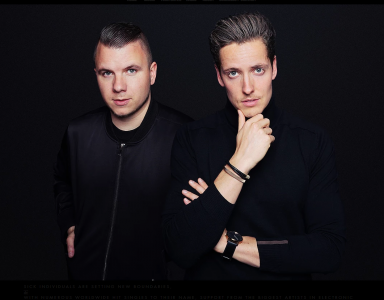
When did you meet Joep?
Rinze: “On the admission day of the HKU I had to bring an abstract composition. My composition consisted of all kinds of unusual chords, which in my opinion were pretty abstract. Other attendees, however, made glitchy, weird electronic stuff that made me think: where the hell did I end up? When I met Joep, there was an immediate connection because we both had similar ideas about music production and sound.”
Rinze started out as a guitarist and singer in jazz bands and used to work alone pretty often. “It was an eye-opener to collaborate with someone like Joep who made Dance and Trance music at the time.” The two forces were bundled in a natural way. “When you work alone you often get lost in the smallest little details, but if you work together you are eager to show your partner your progress. This speeds up the production process and the feedback from someone else brings the production to a whole new level.
Rinze and Joep always went one step further with school projects from the HKU. “After each assignment, for example, we immediately made a remix, which made the project a lot more interesting. It is a challenge to always bring every new production to a higher standard. Whether that is mainstream, advertising or dance.”
The collaboration process
Joep and Rinze quite literally split up during the production process. The duo has different studios located next to each other where each of them works separately on music productions. At different times of the day, they walk into each other’s studio to exchange ideas. Due to the Jazz background of Rinze and the Dance background of Joep, a practical division of tasks was formed pretty quickly.
Rinze likes to dive deep into harmony, melody, and lyrics and he often writes the breakdown part of a song. Joep, on the other hand, focuses more on the beat and percussion, the drop and detail work in terms of sound design.
Why did you decide to work together?
“If you work alone, then you quickly dive headfirst into detail work, which means it takes a really long time to finish a production. While collaborating you inspire each other but you often have to convince the other of how great your idea actually is. Sometimes, as a creator, you attach too much value to things that someone else doesn’t consider important at all. Collaborating tends to place your ideas into perspective.” Rinze and Joep currently receive monthly coaching sessions to organize the production process more efficiently and to achieve better results quicker.
What is important for a good collaboration?
“The most important thing within a collaboration is that you should be able to be yourself. You must allow the other person to just do his thing. Be tolerant and show respect. Discuss your thoughts, but do it constructively so that your feedback actually benefits the other person. You have to get along well both professionally and personally.”
“You should not intend to make compromises, you’ll have to argue from time to time to achieve a better end result. If everyone always delivers only 50% of what they can achieve, a boring, average production will remain. But on the other hand, if everyone makes optimal use of their own abilities, a production is created that is stronger than the sum of its parts.”
“Sometimes someone cannot agree with your idea at that moment, but if a production ultimately gets better because of your idea, everyone should, in the end, be satisfied. You have to encourage your collaborator to look further than his comfort zone. It really helps to have a steady partner so that you can just do your thing. A good collaboration also makes music production more fun.”
How do you balance commercial and autonomous work?
“This comes down to finances. You can not always make things you like yourself; you’ll have to pay the bills too. As an established artist, you must always keep your target audience in mind. After all, you want new gigs.” Rinze and Joep want to gradually move towards the more autonomous side. Good examples of artists who started out commercially but moved into the more artistic side later are The WKND, Gesaffelstein, Daft Punk, and Calvin Harris.
How do you work together in practical terms? What software and hardware do you use?
At the HKU, Joep and Rinze got to learn Logic Pro, which they still use today. “Sharing projects is really easy with Logic and the sound quality is high. Logic is also available at every studio around the world. Ableton is very popular amongst solo producers, but the sound quality leaves something to be desired. “
“It’s a lot of work to achieve analog sounds from a computer. Often it is simply more convenient to actually use analog equipment in order to find the right sound in seconds.” Rinze recently started using the Novation Peak synthesizer and sends all his mixes trough an Avalon 747 tube compressor.
Do you ever organize jam sessions?
A jam session produces many creative things, but the result is not always useful. Sometimes we use an element or two from a jam, but never the full jam. It also helps to get out of a creative rut. And once in a while, it is fun to make something different.
Do you mix all your music yourself?
“With EDM you mix at the same time as you are producing, so we never really need a separate mix engineer.” Because the duo works in studios all over the world, they use Reference from Sonarworks to create a consistent monitoring environment.
Rinze and Joep have tried to work with a stem-mixer before, but because of their enormous eye for detail, they find it difficult to hand over a production. That’s why they also master all tracks themselves.
Rinze and Joep have been working together for 10 years now, which makes their production process as smooth as silk. Musically speaking, the two never get stuck. They do, however, always try to raise the bar to a higher level. They constantly compare their music with major label releases and artists such as Arianna Grande and Robin Schulz.
